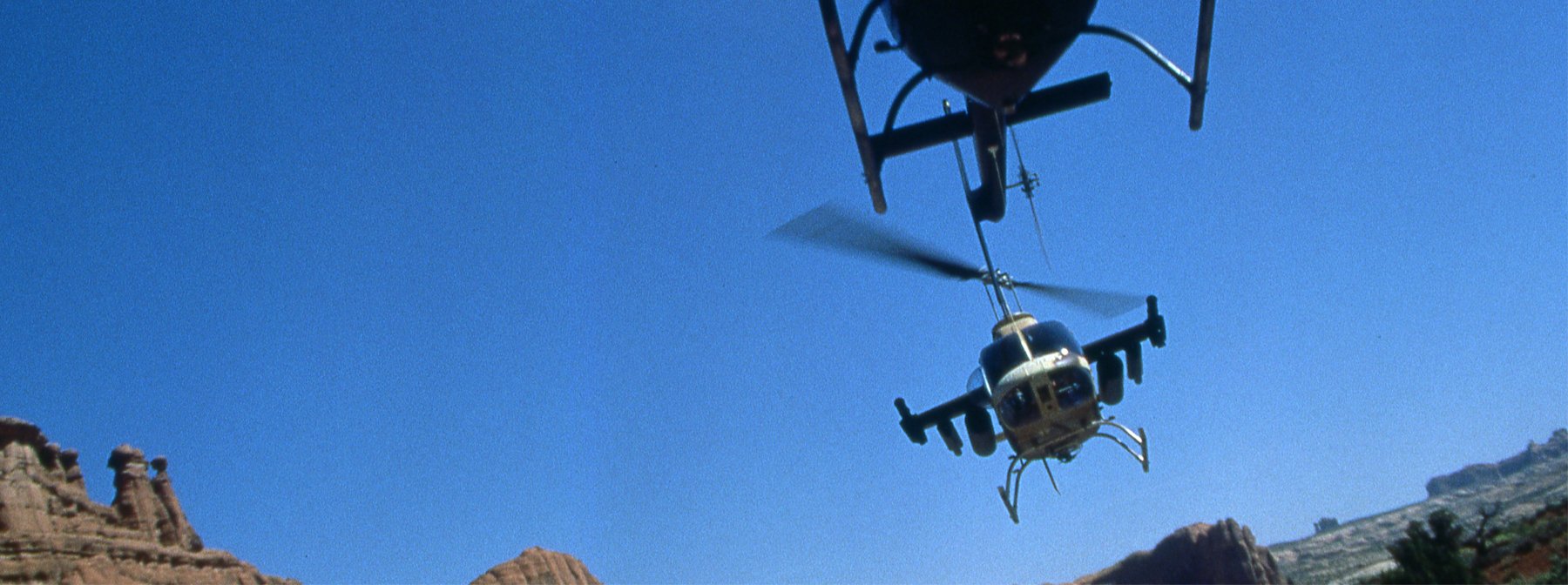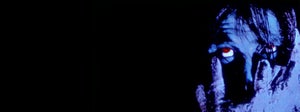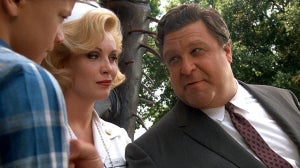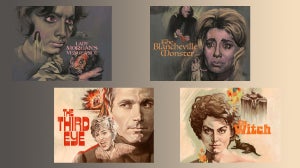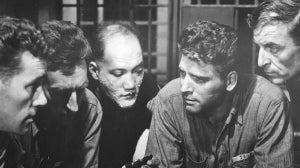
A mix of traditional orchestral music and the skin-tingling notes of a synthesiser will give away to viewers that they are in for a film scored by Hans Zimmer. With over 150 films in a star-studded curriculum that includes Interstellar, Gladiator, The Lion King, the Pirates of the Caribbean series and The Last Samurai, the four-time Grammy-winner German composer has become a Hollywood, staple famous for his prolific collaborations with the likes of Christopher Nolan, Denis Villeneuve and Ridley Scott.
Despite a sprawling career and wide acclaim, Zimmer did not come into music composition from a classical training background, nor did he have great ambitions of making it into the film industry. "My formal training was two weeks of piano lessons,” he said at an Ask me Anything session held by Reddit in 2013. “I was thrown out of eight schools. But I joined a band. I am self-taught. But I've always heard music in my head. And I'm a child of the 20th century; computers came in very handy.”
The band at hand was Krakatoa, where Zimmer began playing with the potential of synthesisers and electronic keyboards back in the 1970s. The same decade saw the musician play the keyboard for British, Italian and Spanish bands, before partnering with film composer Stanley Myers in the early 80s. “I got my first job in film because [Myers] had bought himself a very beautiful and very expensive Italian espresso machine and he had no idea how to use it,” said Zimmer of their serendipitous encounter.
Together, the duo co-founded London-based studio Lillie Yard, and went on to work on the scores for Moonlighting, Success is the Best Revenge, Insignificance and My Beautiful Laundrette. It was with Myers that Zimmer solidified a blend of electronic music and traditional orchestra that enabled him to create a trademark sound that would eventually become a staple in his individual work in film.
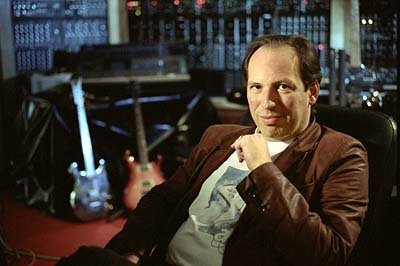
Parallel to Myers and Zimmer’s partnership was yet another creative marriage that defined much of Zimmer’s early career: a collaboration with cult Greek filmmaker Nico Mastorakis, whose monikers include “hellraiser from Hallas” and “the Grecian guru of pulp cinema”. The trio worked together in three films in the late 80s, The Zero Boys, Nightmare at Noon, and The Wind. Of how working with Mastorakis informed his embryonic work on film, Zimmer said: “Something happens when you’re in the room with great filmmakers. You just keep your mouth shut and try to learn something. You see where the real problems are.”
It was Mastorakis who first allowed Zimmer to get sole credit for a score, with the German penning the score for 1987’s Terminal Exposure after Myers failed to show interest in the project. This launchpad proved key to the work Zimmer would come to produce in the years after, with the musician incorporating the experimental elements of his collaboration with Myers and Mastorakis in his later work. Less than a year after Terminal Exposure, Zimmer worked with renowned director Barry Levinson in Rain Man, a film that would not only get the composer his first-ever Oscar nomination but is still considered by many critics to be one of his best works to date.
From that moment onwards, Zimmer has gone from strength to strength, building a skyrocketing career that has seen him tread the murky waters between the niche and mainstream, a feat not many other composers before or after him have managed to successfully navigate. In fact, Zimmer’s work has become so well-known to general audiences that the composer joined the ranks of Beyoncé and Lady Gaga by playing at Coachella in 2017, a blissfully surprised crowd dancing to the trembling notes of the Pirates of the Caribbean theme tune. Like a handful of other film musicians such as Jurassic Park and Star Wars composer John Williams, Zimmer began touring in the later stages of his career, presenting live arrangements of his most popular scores to eager audiences that fill out stadiums around the world to see the 3-hour long show titled ‘Hans Zimmer LIVE.’
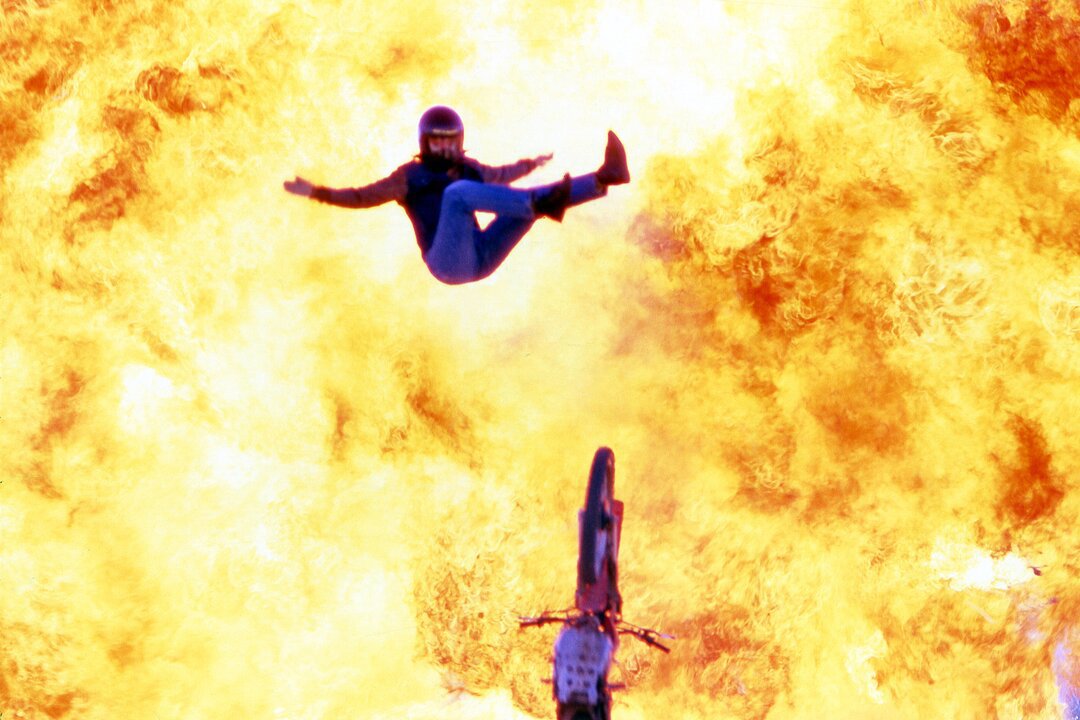
Perhaps one of the reasons Zimmer remains such a fresh, popular composer is his unattachment to rigidness, his compositions often maintaining a signature sound while incorporating elements pertaining to whichever narrative genre he is working towards, be it soulfully sung meditative hymns in Gladiator or an African choir in The Lion King, the film that gave him his first Oscar in 1995. Twenty-two years after the Disney animation, Zimmer was awarded the statuette once again for his work in Denis Villeneuve’s Dune, a mesmerising adaptation of the eponymous novel written by Frank Herbert. Here, Zimmer mixes electronic music and bagpipes, blending dissonant sonorities once more to create a score that aids the fully-immersive experience proposed by the lauded French director.
Speaking about animation, the medium is greatly intertwined with the body of work of the German composer. Zimmer currently occupies the chair of head of the film music division for animation studio Dreamworks, with whom he has collaborated on a number of projects including Kung Fu Panda, Madagascar, The Prince of Egypt, and The Boss Baby (plus voicing the character of Lord Farquhar in Shrek.) Of his penchant for animation, Zimmer said, “With animated film, you have to create the sonic world; there's nothing there. You get to colour things in more and you're allowed to overreach yourself a little bit more, and it's great fun.”
Coincidentally or not, Zimmer’s next two big projects happen to derive from the two films for which he has received an Oscar: this year’s Dune Part Two and Barry Jenkins’ 2024 animated film Mufasa: The Lion King. Until then, there is no shortage of great work to revisit from one of the greatest film composers to ever do it.

Related Articles


